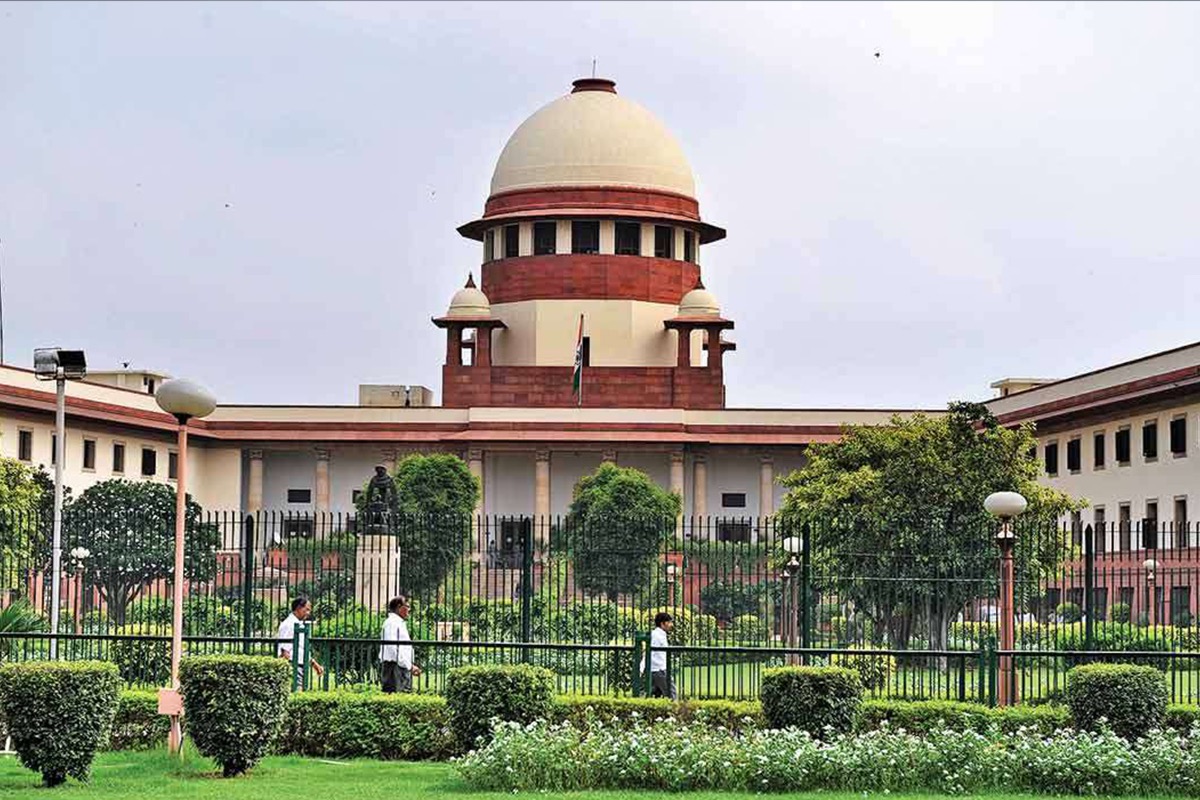The Central Information Commissioner, while imposing costs on the Delhi Waqf Board over non-disclosure of salaries being paid to imams, has criticised a 1993 order passed by the Supreme Court, saying it was in violation of Constitutional norms and set a “wrong precedent”.
Central Information Commissioner Uday Mahurkar said the top court’s order permitting remuneration to imams in mosques was in violation of provisions of the Constitution, particularly Article 27, which says the payers’ money will not be used to favour any particular religion.
He made the observation in his order on an appeal filed by RTI activist Subhash Chandra Agrawal against the Delhi Waqf Board’s decision to deny information related to salaries paid to imams.
The commissioner directed the board to provide compensation of ₹25000 to Agrawal for the mental agony he faced and the man hours and resources he lost due to stonewalling of the information by DWB for almost nine months.
The order said the SC ruling “opened the doors to special financial benefits from the public treasury to only imams and muezzins in the mosques, the commission observes that the highest Court of the country in passing this order acted in violation of the provisions of the Constitution”.
It further said that the court judgement set a “wrong precedent in the country and has become a point of unnecessary political slugfest and also social disharmony in the society”.
Citing the example of the formation of Pakistan, the commissioner said that the policy of giving special benefits to the Muslim community before 1947 played a key role in encouraging pan-Islamic and fissiparous tendencies in a section of Muslims ultimately leading to the nation’s partition.
“So giving salaries to Imams and others only in mosques, amounts to not just betraying the Hindu community and members of other non-Muslim Minority religions but also encouraging pan-Islamist tendencies amongst a section of Indian Muslims which are already visible.”
Commissioner Mahurkar also directed the office of the Delhi chief minister to provide certain information sought by the RTI activist.
Calling the issue a matter of “extreme importance for the unity and integrity” of India, the commissioner directed the registry to forward a copy of his order to Union law minister Kiren Rijiju with its recommendation to ensure enforcement of provisions of Articles 25 to 28 of the Constitution of India in “letter and spirit”.










